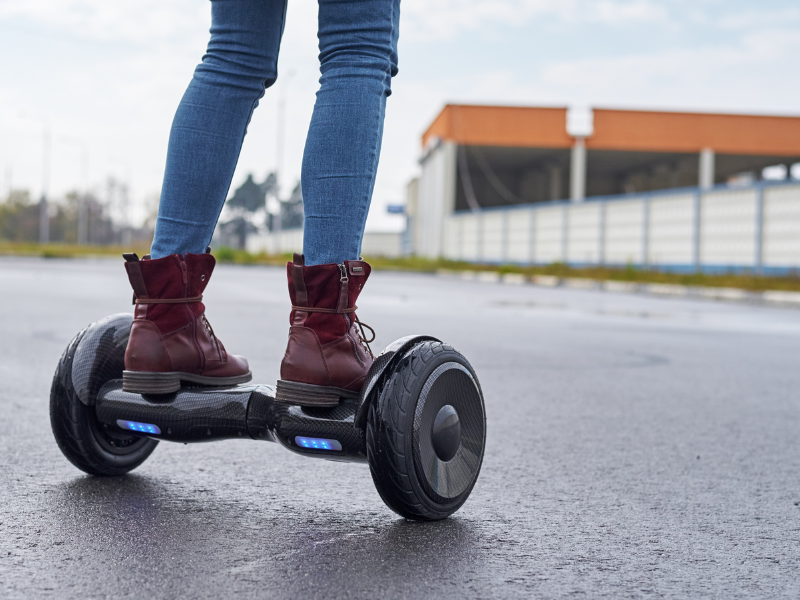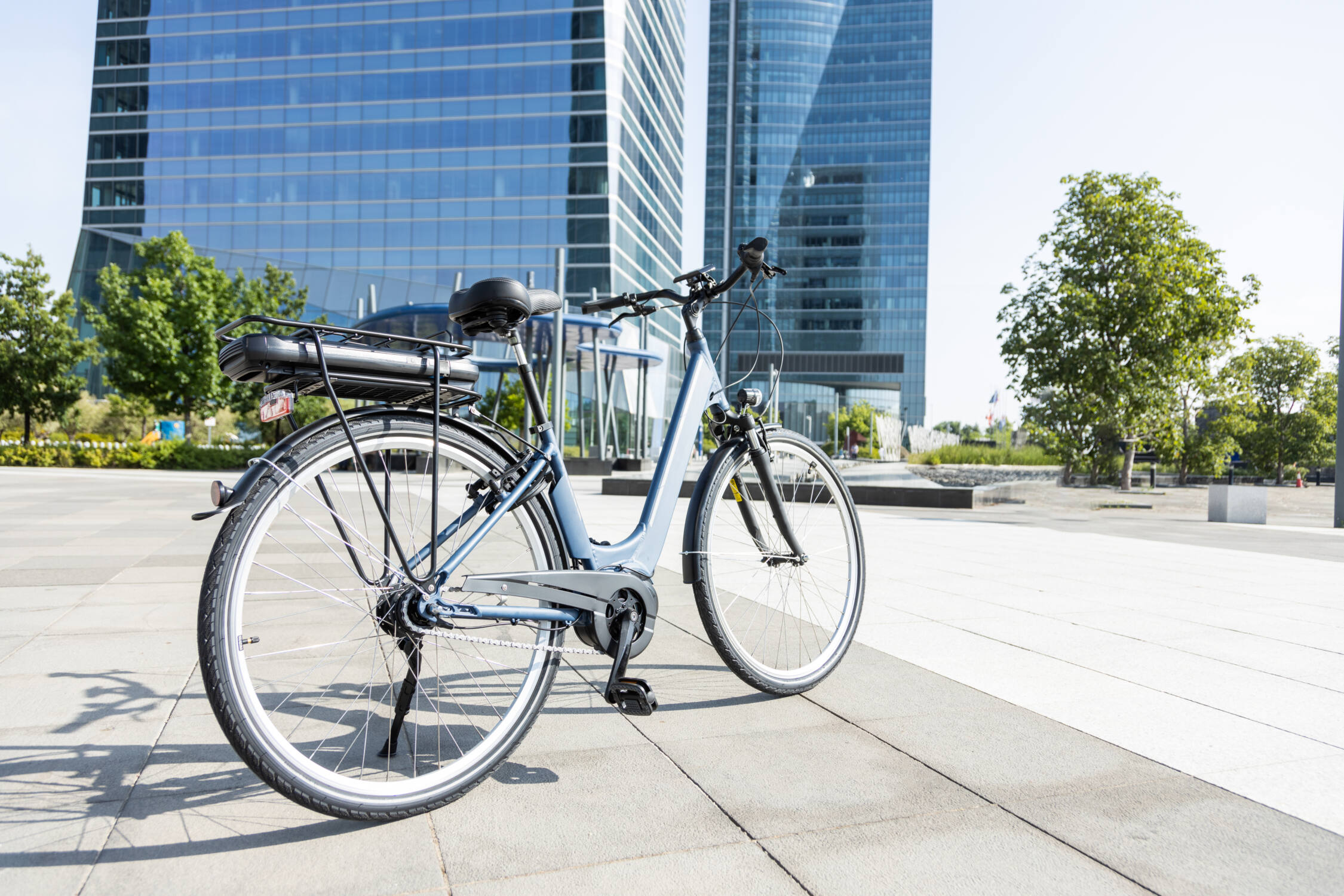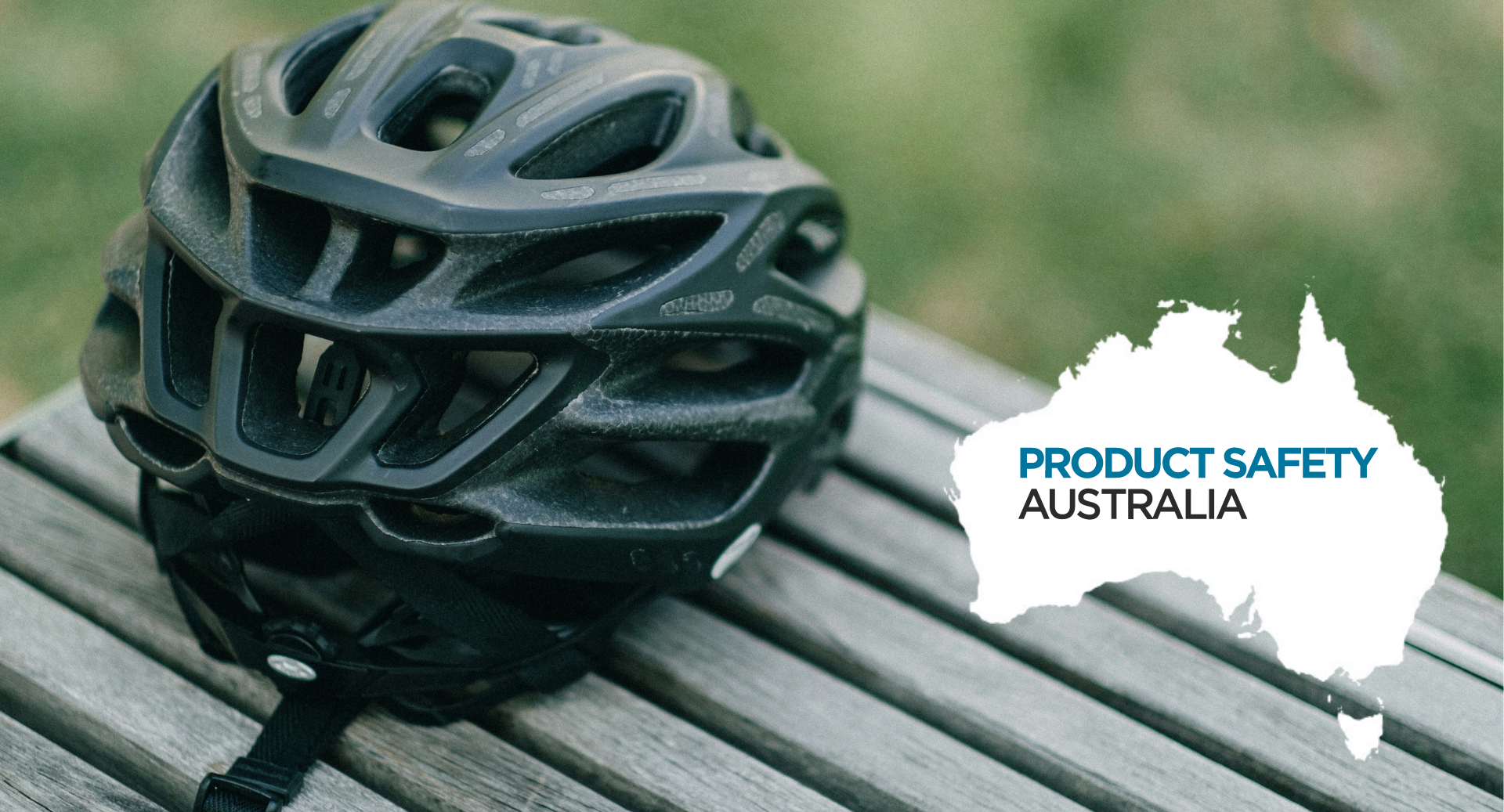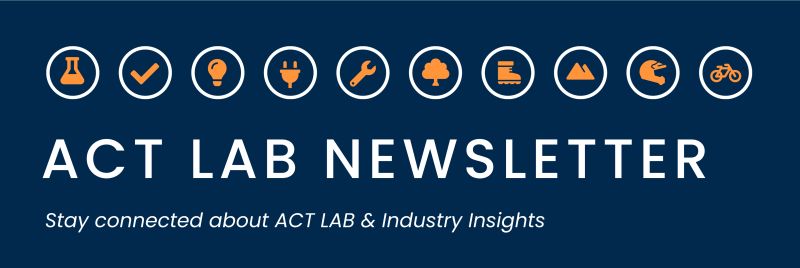
The popularity of personal e-vehicles such as e-bikes, e-scooters, and hoverboards has soared in the past 5 years. However, with the demand for these devices, there is also a concern for safety. The majority of e-mobility devices run on an electrical system that contains a lithium battery. Poorly made or damaged batteries can result in rider injury, fires, and other safety hazards. For manufacturers, comprehensive testing of these devices before going to market is crucial to maintaining company integrity and keeping consumers safe.
In this article we will talk about UL 2271 ANSI/CAN/UL/ULC Standard for Batteries for Use In Light Electric Vehicle (LEV) Applications and
UL 2272 ANSI/CAN/UL Standard for Electrical Systems for Personal E-Mobility Devices and why investing in these tests is an important step before going to market.
UL 2271 ANSI/CA/UL/ULC Standard for Batteries for Use In Light Electric Vehicle (LEV) Applications
UL 2271 is a safety standard for the battery system used in Light Electric Vehicles (LEVs), such e-scooters and hoverboards. This standard sets requirements for the design, construction, and testing of the battery packs used in these devices. The certification tests the batteries for safety against overcharging, short-circuiting, and temperature abnormalities. This standard ensures that battery packs have adequate measures in place to prevent fire and explosions.
UL 2272 ANSI/CAN/UL Standard for Electrical Systems for Personal E-Mobility Devices
UL 2272 is a safety standard for the overall safety of small e-mobility devices including e-skateboards and hoverboards, including the battery system. It sets requirements for the design, construction, and testing of the entire device, including the electrical system, mechanical structure, and battery pack. This certification tests the device for safety against electrical and fire hazards, as well as for the durability and stability of the device.
What is the difference between UL 2271 and UL 2272?
The main difference between UL 2271 and UL 2272 certifications is the scope of testing and certification. In short, UL 2271 focuses on the battery system safety of a device, whereas UL 2272 focuses on the overall safety of the device.
Both of these standards are fairly specific to small e-mobility devices like skateboards or hoverboards. Separate standards, such as UL 2849 are specific to e-bike vehicles.
What are the benefits of UL 2271 and UL 2272 Certification?
Manufacturers of electric scooters and hoverboards should seek UL 2271 and UL 2272 certifications for several reasons, primarily to ensure the safety and reliability of their products.
Obtaining these certifications shows that the manufacturer has undergone rigorous testing to ensure their products meet safety standards. These certifications require manufacturers to meet specific design and testing requirements, which help to minimize the risk of accidents and injuries caused by battery fires, electrical malfunctions, and other hazards.
UL 2271 and UL 2272 certifications can increase consumer confidence in a product. Consumers are more likely to purchase a product that has been certified by UL, knowing that the product has undergone rigorous safety testing and meets safety standards. In turn, this can help to increase revenue and establish your brand’s reputation.
Some regions and marketplaces also require that electric scooters and hoverboards meet specific safety standards before they can be sold. Without these certifications, manufacturers may not be able to sell their products in certain regions.
Why should you test to UL 2271 or UL 2272?
There have been recent recommendations made by the Consumer Product Safety Commission (CPSC) and legislation passed by New York City that may have implications for your e-mobility or e-bicycle products and their compliance.
ACT Lab has the capability to conduct all the necessary testing, to ensure that your products meet all applicable requirements and comply with the law.
Prior to making any decisions regarding compliance, it is crucial to have a thorough understanding of your actual obligations. ACT Lab can offer guidance on the most effective approach to achieve this, balancing your risk concerns with your compliance budget.
About ACT-LAB
ACT-LAB is an ISO/IEC 17025 accredited laboratory that conducts consumer product safety and compliance testing for an active world. We can help ensure that your products both meet industry standards and are inspected to ensure the utmost quality.
To learn more about our tests contact us today.
Read more about our accreditations here.
 ISO/IEC 17025 Accredited Independent Testing Laboratory
ISO/IEC 17025 Accredited Independent Testing Laboratory








